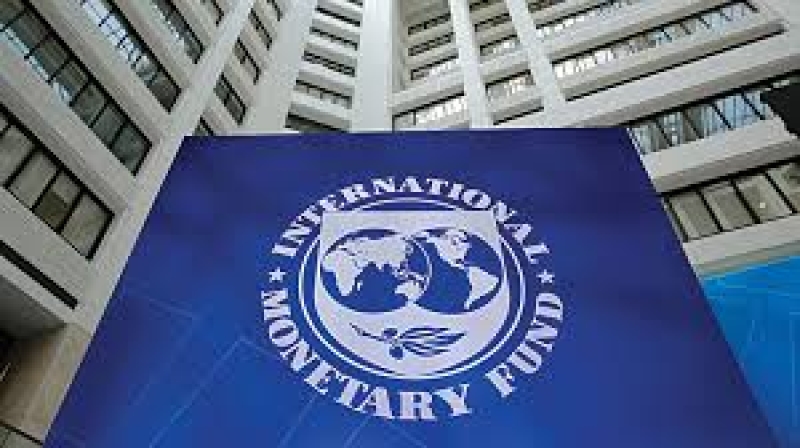- Bangladesh criticises Rajnath remarks on Yunus |
- ‘Very unhealthy’ air quality recorded in Dhaka Sunday morning |
- Harassment, corruption shade Begum Rokeya University, Rangpur |
- Sikaiana Islanders Face Rising Seas and Uncertain Future |
- BD Election Commission to begin political dialogue this week |
IMF Tranche After Polls; Reforms Stressed, says adviser

The International Monetary Fund (IMF) will release the sixth tranche of Bangladesh’s $5.5 billion loan package only after holding consultations with the elected government, Finance Adviser Salauddin Ahmed said on Sunday, signalling that key financial negotiations will resume once political authority is fully re-established.
Speaking after a meeting of the Food Planning and Implementation Committee at the Cabinet Division, the adviser said an IMF team is scheduled to return in February to review economic indicators, reform progress, and fiscal needs.
“Another IMF mission will come in February. They will assess the present economic situation and hold discussions with the elected government on how much of the loan is required at that time. The disbursement will follow after that,” he said.
Background to the Delay
An IMF review delegation visited Dhaka in late October to examine whether Bangladesh had met the policy and reform conditions attached to the loan programme. However, the fifth tranche was withheld as the lender prefers to finalise disbursements in consultation with a representative, elected government rather than an interim one.
Despite the hold, the adviser said Bangladesh has been implementing reform measures in line with IMF recommendations.
“I spoke with IMF officials. They acknowledged that we are making progress. They said, ‘You are doing everything you can. You are doing well,’” he noted.
Reform Areas Highlighted by IMF
According to the adviser, the IMF emphasized several areas requiring further action:
Raising domestic revenue to reduce dependency on external borrowing.
The adviser pointed out that revenue collection slowed due to a two-month halt in the activities of the National Board of Revenue (NBR) during the political transition, while tax compliance among citizens also remains weak.
Expanding social protection programmes to cushion vulnerable populations facing rising living costs.
Accelerating banking sector reforms, including addressing non-performing loans, tightening oversight, and improving governance and accountability.
Preparing for the Next Government
The adviser said the administration is preparing a policy and reform roadmap for the elected government to ensure continuity in economic management.
“We will prepare a comprehensive package for the next government regarding the IMF loan and associated reforms,” he said.
He added that decisions on broader financial matters, such as the formation of a new pay commission and structural reforms in the financial sector, will be addressed gradually.
“There is the issue of the pay commission. There is the reform of banking activities. We are working on these fronts. I hope that overall, a stable economic environment will be achieved,” he said.
The adviser’s remarks come at a time when Bangladesh is navigating economic pressures caused by inflation, declining reserves, a strong dollar, and slow revenue growth, making steady external financing and domestic reforms vital for macroeconomic stability.

